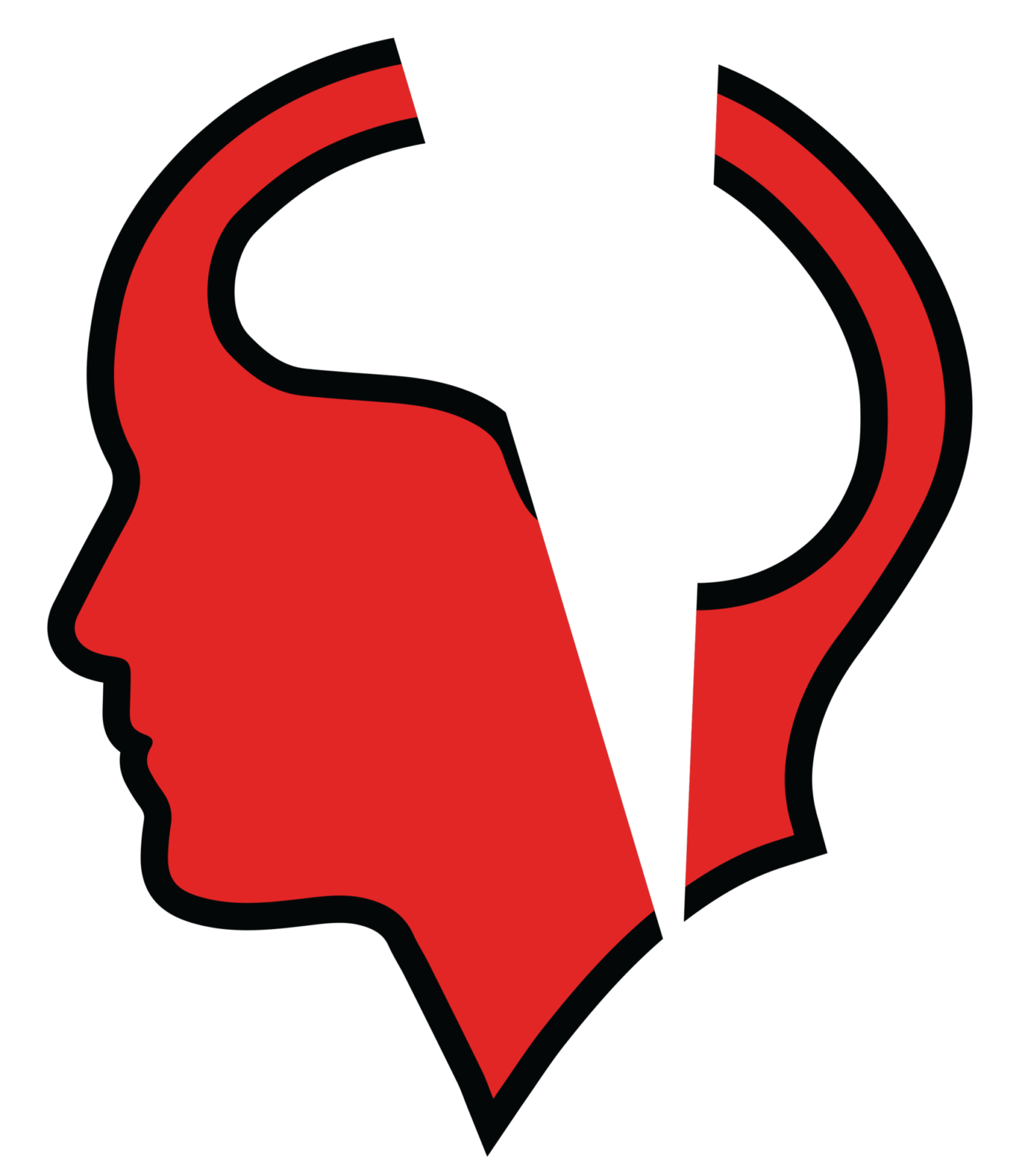John DenBoer says Everyone knows the route.
Two steps forward, 1 step in reverse. Three steps forward, four steps to the back. It’s the same with every step.
A journey towards a goal never is a straight line. There are detours and obstacles which can force us to be sceptical about our capability to reach the end of the road. If the setbacks keep appearing and the route becomes increasingly difficult, we may look at rethinking the goal completely.
Action Crisis
This specific situation, where we weigh the possibilities of either pursuing or abandoning the cause, is known as the “action crisis”. According to John DenBoer we’re battling between our determination to reach this goal and our eagerness to accept the challenges that will be overcome.
It’s crucial to address these issues as they hinder the achievement of goals. However, they’re also harmful to mental well-being. People are generally aware of this when faced with an issue that requires action; they tend to use their cognitive abilities more. They make notes of the pros and cons. They consider all possible avenues to take. They talk to their mentors, colleagues, and family members. While all these options may lead to clarity, one scientifically supported technique might be worth employing before getting the brain involved: a body scan.
Utilizing The Mindfulness Method
Participants were asked to share their top personal goals in the latest study. Then, they were asked to do an exercise of 15 minutes body scan or read magazines for fifteen minutes. In the end, participants were required to read about the setbacks that they had chosen for their objectives (i.e., an action crisis) and were then asked to answer questions on what they thought about their goals now. Incredibly, those who took part in the body scan showed greater emotional stability and coped more effectively with the stressful situation than the group that did not. This study suggests that utilizing the mindfulness method, which includes the body scan, could aid people in overcoming issues in achieving goals.
If you are in a state of crisis and are stuck between pushing towards the goal or opting not to push, try the body scan for 5 to 15 minutes.
Here’s An Easy Body Scan Method:
- Find the most comfortable and reclined posture.
- Take several deep breaths through your nose.
- Make sure you are aware of your feet.
- Focus your attention on the lower portion of your legs. Your shins and calves. You might notice that your lower legs meet with the ground on which you’re sitting.
- Focus your attention on your legs on the top—the space between the knees and thighs and your hamstrings. If you feel any tension in your body, you can let it be or let it go.
- Begin to pay attention to your stomach. Be aware of how it changes by your breath.
- Check your hands and forearms.
- Focus your attention on your shoulders and arms, feeling any sensations but not being compelled to act about them.
- Be aware of your chest and how it moves up and down as you breathe.
- Be aware of the muscles in your face – especially around your nose, mouth, and forehead.
- Feel your body in totality. Take note of which areas are in contact with the floor below and which are floating.
- Take another three deep breaths, and when you’re ready, close your eyes.
Last Words
John DenBoer says fortunately, many difficulties can be overcome by some perseverance, determination, and concentration. If you remain calm and focus on your task, it will be possible to get back on track and move forward quickly. It is important to remain positive even when things look hard to remember that the ultimate final goal will always be worth the effort.

